Lipicard-160
Lipicard-160 belongs to the class of medications known as fibric acid derivatives or fibrates, which are commonly used to treat excessive levels of cholesterol or fat/oil. Hyperlipidemia, sometimes referred to as hypertriglyceridemia, is a disorder characterized by high levels of low-density lipoproteins (LDL) or bad cholesterol and low levels of high-density lipoproteins (HDL) or good cholesterol. Increased levels of bad cholesterol raise the risk of future heart attack and stroke, particularly in those who already have cardiovascular disease.
Lipicard-160 includes fenofibrate, which enhances the natural component in the circulation responsible for fat breakdown, boosting its utilization and disposal. As a result, Lipicard-160 decreases LDL (bad cholesterol) and triglyceride (TG) levels while increasing HDL levels (good cholesterol).
Two versions of Lipicard-160 are available: oral capsules and tablets. The capsules of fenofibrate can be taken with or without meals and should be swallowed whole with a full glass of water. It should not be broken, crushed, or eaten. Always adhere to your doctor’s instructions and take your medication precisely as prescribed. If possible, Lipicard-160 should be taken with food. Possible adverse effects include nausea, chest discomfort, vomiting, diarrhea, drowsiness, muscular soreness, redness/swelling in the legs, and increased liver enzymes. The majority of adverse effects of fenofibrate do not require medical treatment and diminish over time. Please see your physician if the adverse effects continue or worsen.
Inform your physician if you have an allergy to fenofibrate or any other fibric acid derivative. Before using fenofibrate, inform your doctor if you are pregnant or nursing. Children under the age of six should not use Lipicard-160 since its safety and efficacy have not been established. Consult your physician immediately if you experience jaundice, an allergic reaction, cramps, or weak muscles.
Lipicard-160 is used to treat elevated cholesterol levels.
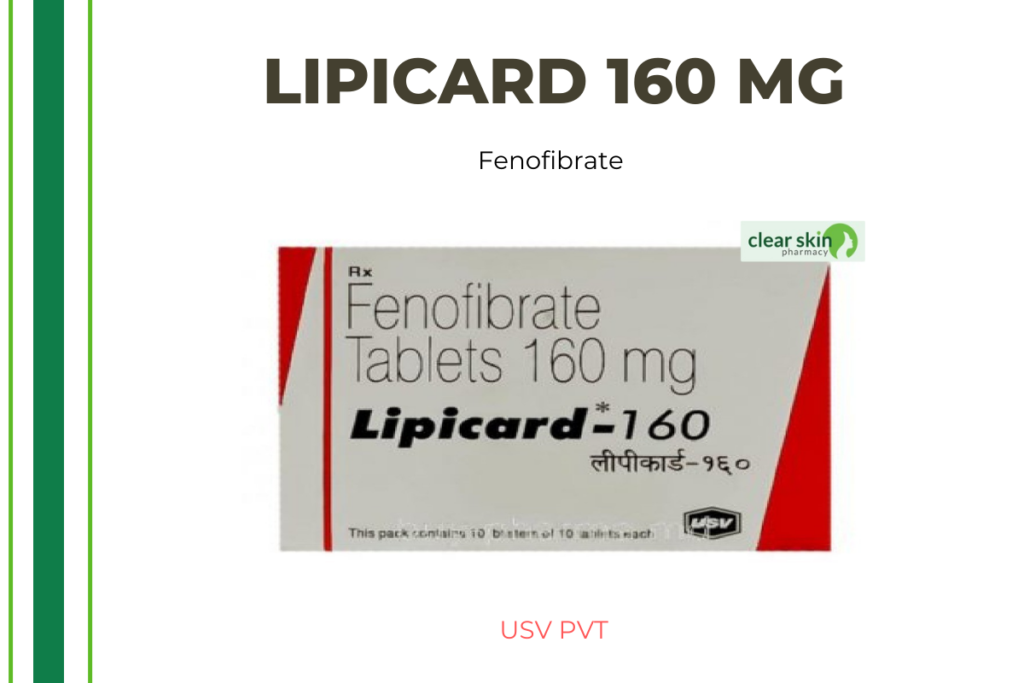
Medicinal Advantages
Lipicard-160 includes the medication fenofibrate, which is used in conjunction with a balanced diet to help reduce “bad cholesterol” (LDL, TG) and increase “good cholesterol” (HDL) levels in the blood. Lipicard-160 is commonly used with statins to assist with lowering cholesterol levels. Lipicard-160 also assists in the management of elevated cholesterol in people with diabetes and hypertension.
Use Instructions
At the beginning of a meal or immediately before, the pill should be taken with a full glass of water. It is typically administered once daily. It is neither to be eaten nor crushed.
Place in a cool, dry area out of direct sunlight.
Lipicard-160 Side Effects
The majority of side effects caused by Lipicard-160 do not require medical attention and diminish with time. Muscle stiffness, stuffy/runny nose, headache, joint discomfort, and increased liver enzymes are common unpleasant effects to mention to your physician. If the adverse effects persist, see your doctor.
Precautions and Warnings in Depth
Consult your doctor before using Fenofibrate if you are allergic to any fenofibrate product or other fibric acid derivatives such as clofibrate or gemfibrozil. Fenofibrate should not be used by nursing mothers, and its usage should be discussed beforehand with a physician. Patients with bladder problems, gallstones, liver illness, renal disease, and muscular diseases (such as muscle pain, myopathy, and rhabdomyolysis) should not use Fenofibrate and should visit a physician prior to use. Because Fenofibrate might increase creatinine levels, those with renal disease should avoid taking it. Inform your doctor if you are taking an oral anticoagulant or blood thinner (such as coumarin or warfarin), since it may influence your bleeding time.
Interactions Between Drugs
Oral anticoagulants (coumarin, warfarin), anti-gout medicines (colchicine), and other fibrates interact with fenofibrate (clofibrate, gemfibrozil, ezetimibe).
Avoid consuming lipid-rich meals to prevent drug-food interactions.
Patients with liver issues, gall bladder stones, bladder illness, pancreatitis (pancreatic inflammation), or muscular disorders should use fenofibrate with care (myasthenia gravis, rhabdomyolysis).
Safety Suggestions
ALCOHOL
Alcohol is harmful to the liver because it raises liver enzymes and liver function tests (LFT).
PREGNANCY
If you are pregnant or expecting to become pregnant, see your doctor before using fenofibrate, a Category C risk medication. Use this medication only if the potential benefits outweigh the possible risks.
BREAST FEEDING
It is not recommended that breastfeeding mothers take fenofibrate. Before beginning breastfeeding, consult your physician.
DRIVING
Fenofibrate has no effect on potentially hazardous activities like driving.
LIVER
Use only on a doctor’s advise when the benefits exceed the risks.
KIDNEY
Patients with severe renal illness, particularly those on dialysis, should not use fenofibrate. However, if recommended by a physician, mild to severe renal disease patients may utilize this medication.
No habit formation
Advice on Diet and Lifestyle
Other lifestyle changes that may increase the efficacy of this medication include exercise, weight loss if overweight, and stopping smoking.
While using this drug, alcoholic beverages should be limited or avoided.
When this medicine is used with alcohol, extra adverse effects such as drowsiness might occur. If you have consumed alcoholic beverages, do not drive or operate heavy machinery.
Contact your doctor immediately if you experience slurred speech, confusion, excessive weakness, or trouble breathing.
Recommendations
Fenofibrate can induce cholelithiasis, therefore discontinue medication if you develop gallstones.
It is not recommended to breastfeed while taking this medicine or for the first five days after stopping it. Before beginning breastfeeding, consult your physician.
If you are already using a blood thinner, you should regularly monitor your bleeding time.
If you’ve been using Fenofibrate for a long time, you should have a liver function test (LFT) and a kidney function test (KFT) on a regular basis (KFT).
Other details: This item is non-refundable.
Concerns of Patients
Hyperlipidemia is a disorder characterized by an unusually high concentration of cholesterol (also known as lipids/oil/fats) in the blood. Lipids are naturally generated by the body and can also be acquired from food. The liver breaks down these fats for future use. If lipid levels are excessively high, excess fat forms on the walls of our heart’s blood vessels, which can lead to plaque development inside the arterial lining, resulting in blocked arteries. When arteries become obstructed, the risk of stroke and heart attack rises.
FAQs
Fenofibrate is compatible with oral contraceptives since no interactions have been identified. For further information, see your physician.
You should not use Fenofibrate if you are allergic to fibric acid derivatives or Fenofibrate, if you have substantial renal impairment (including dialysis), active liver disease, gallbladder disease (gallstones), or if you are a nursing mother.
Frequent side effects include elevated liver enzymes (as determined by LFTs), rhinitis, stuffy/runny nose, nausea, indigestion, headache, and back pain.
In patients with type 2 diabetes, fenofibrate had no effect on the incidence of cardiac complications.
Muscle issues (including unexplainable muscle pain) and liver issues are long-term adverse effects of Fenofibrate (with increased liver enzymes). Consult a physician if you have any of these symptoms.
Fenofibrate raises the likelihood of muscular pain and rhabdomyolysis, a potentially fatal muscle illness. Taking the medication with statins increases the risk.

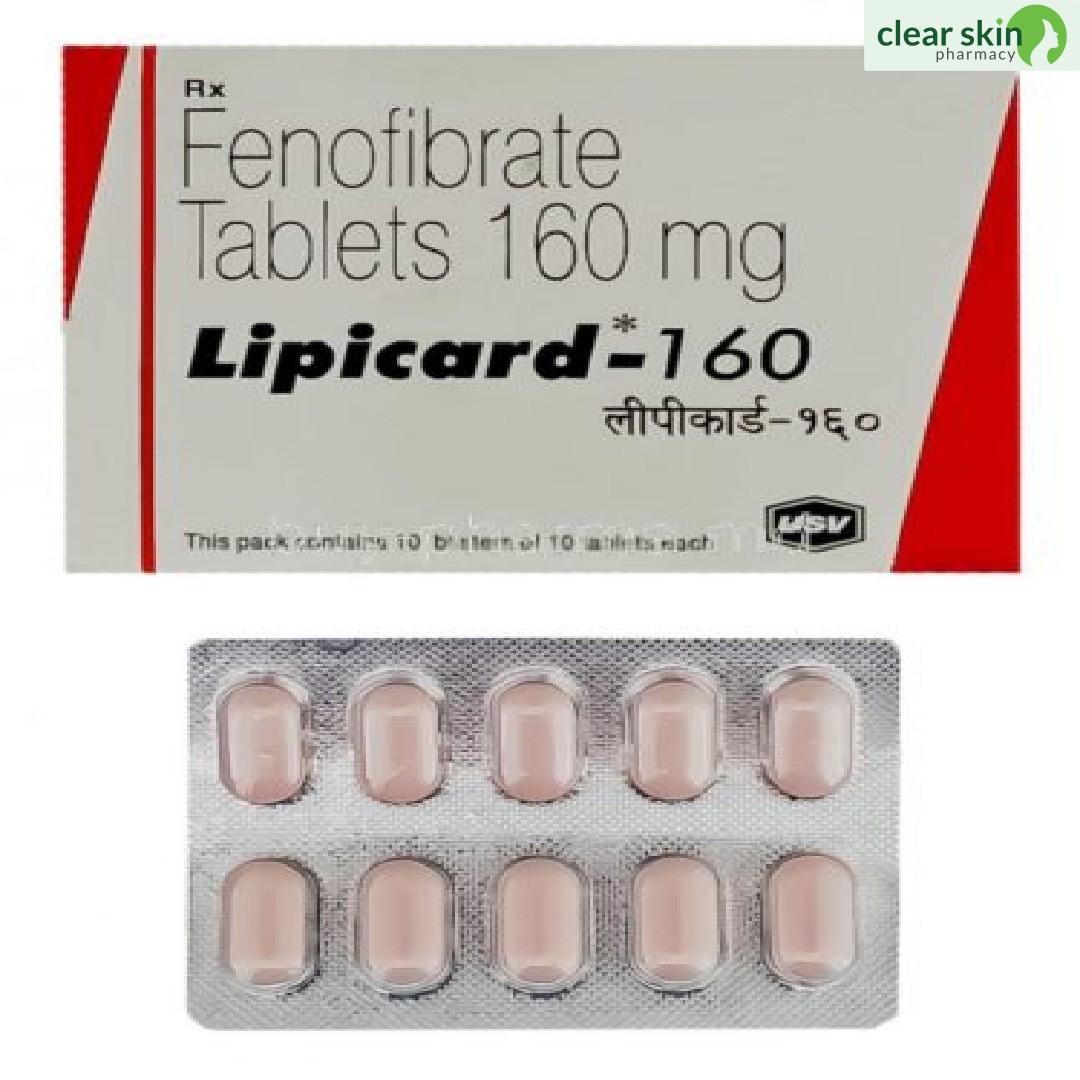
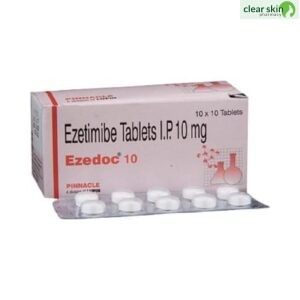

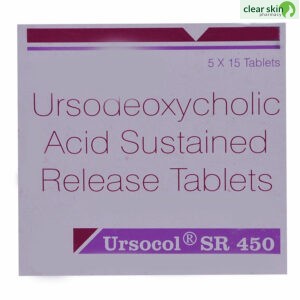
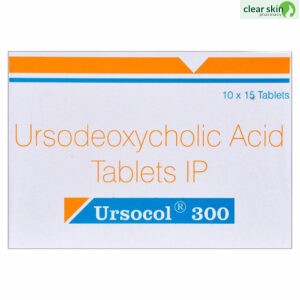

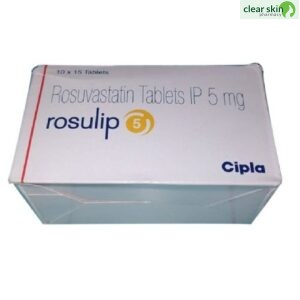
Be the first to review “LIPICARD 160 MG 10 Tablets”